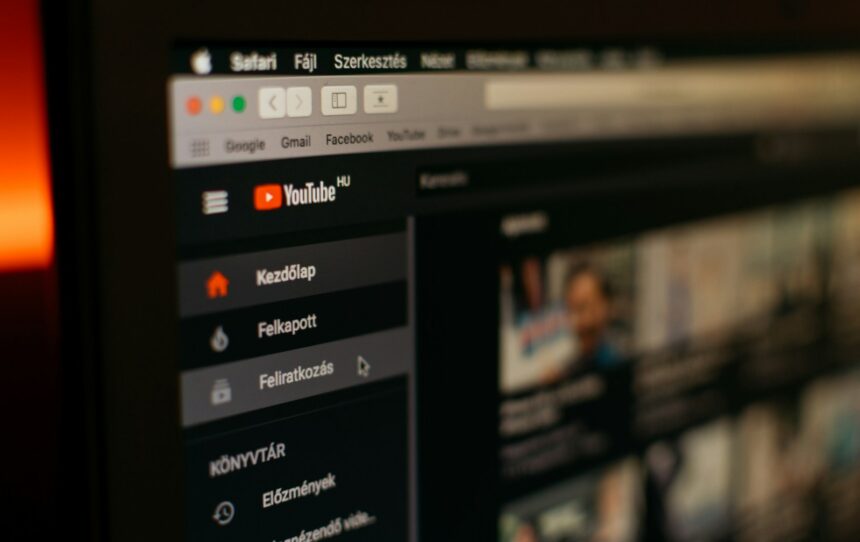YouTube has announced a major policy shift: creators can now use strong profanity within the first seven seconds of their videos without losing ad revenue. This update was confirmed by YouTube’s monetization policy head on the Creator Insider channel.
Previously, even a single strong expletive early in a video could trigger demonetization under YouTube’s rules. The platform now aligns its standards more closely with those in broadcast television. This change does not encourage more frequent swearing—it’s intended to give creators flexibility while helping advertisers better match their ads to the right content.
However, restrictions still apply. If a profane word appears in the video’s title or thumbnail, the content will not receive full monetization. YouTube continues to walk a fine line between content freedom and advertiser concerns.
YouTube also unveiled a new age verification system specifically for underage users in the United States. Powered by AI, it evaluates a user’s video history, search behavior, and account age to estimate whether they’re under 18. If so, appropriate safeguards are automatically applied: content filters engage, personalized ads are disabled, and digital well-being tools become active.
Together, these changes reflect YouTube’s effort to balance creator expression, advertiser needs, and viewer safety. Creators gain more leeway in language use, while the platform strengthens protections for younger users—helping YouTube maintain relevance, attract quality content, satisfy ad partners, and ensure a safer environment for all viewers.











